Paris Saclay Seminar
A model of Elite Interactions and Hidden Opinions
Shaden Shabayek (Paris Saclay Université)
Abstract
I tackle an old question, which has received a revived interest with massification of usage of social media: what drives opinion polarisation? There is no consensus in both the empirical and the theoretical literature about how to model, measure and investigate Opinion heterogeneity. In particular, one drawback in the literature is that models rarely produce or explain the broad range of opinion distributions (consensus, weak consensus, dissensus, clustering, polarisation, strong polarisation) that one might observe in real life. In this research paper, I introduce essential elements into a theoretical framework which are directly inspired from the observation of online social networks today. First, I introduce the inequality of attention that individuals receive online, e.g., when public figures express themselves online they receive attention from thousands or millions of followers and can have an impact on a given discourse, as opposed to normal individuals with at most few hundred followers. Second, since only a happy few receive attention within the digital public sphere, I focus in my model on the interactions between Elite individuals (based on their centrality as a measure of influence) who can hold concordant or discordant opinions. It is documented in the literature that ideologically opposed individuals tend to interact together and push each other towards even more extreme opinions. I run simulations with several families of network structures and show that depending on the fraction of Elite individuals and the level of agreement that is tolerated in discussions, opinions within society can move from consensus to polarisation.
More information
Location:
RITM, Room Gaudemet
Faculté Jean Monnet
54, Boulevard Desgranges
92330 SCEAUX






